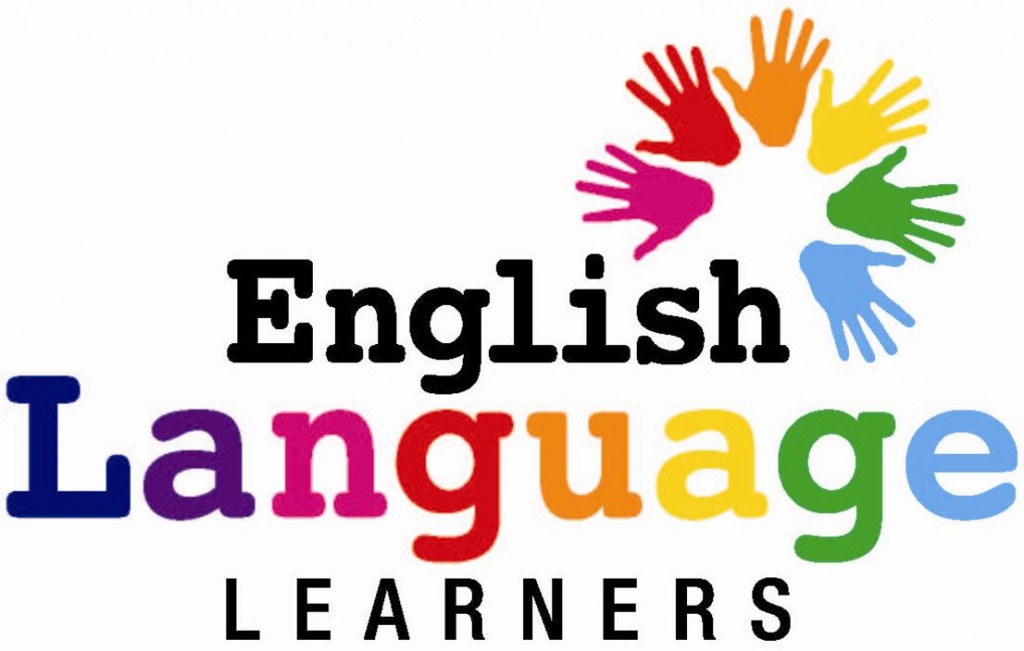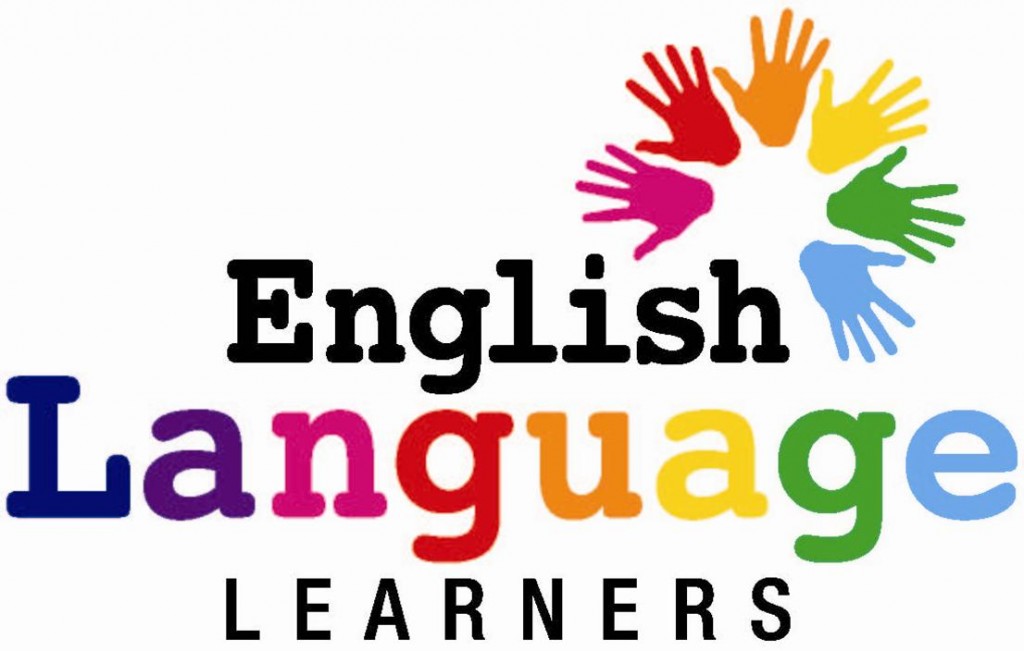Hello Aspirants.
Welcome to Online English Section with explanation in Affairs Cloud.com. Here we are creating question sample in Cloze test, which is BASED ON IBPS PO/CLERK/LIC AAO/RRB & SSC CGL EXAM and other competitive exams !!!
Ever since the American computer scientist John McCarthy coined the term “Artificial Intelligence” in 1955, the public has (1) a future of sentient computers and robots that think and act like humans. But while such a future may indeed arrive, it remains, for the moment, a distant prospect.
And yet the (2) frontier of computing is no less exciting. We have entered what we at IBM call the Cognitive Era. Breakthroughs in computing are enhancing our ability to make sense of large (3) of data, providing guidance in some of the world’s most important decisions, and potentially revolutionizing entire industries.
The term “cognitive computing” refers to systems that, rather than being (4) programmed, are built to learn from their experiences. By extracting useful information from unstructured data, these systems (5) the information age, helping their users with a broad range of tasks, from identifying unique market opportunities to discovering new treatments for diseases to (6) creative solutions for cities, companies, and communities.
The Cognitive Era marks the next stage in the application of science to understand nature and advance human prosperity. Its beginning dates to early 2011, when the cognitive computing system Watson beat two human champions on the game show “Jeopardy!”. Since then, Watson has gone on to do much more, demonstrating how (7) computing can use big data to tackle some of the most difficult systemic issues facing humanity.
Broadly, cognitive systems offer five core capabilities. First, they create deeper human engagement, using data about an individual to create more fully human interactions. Second, they scale and (8) expertise, learning from experts in various fields and making that know-how available to (9) populations. Third, they provide products, such as those connected to the Internet of Things, with the ability to sense the world around them and to learn about their users.
Fourth, they allow their operators to make sense of large amounts of data, helping manage (10) , providing context, and allowing for continuous learning, better forecasting, and improved operational effectiveness. And, finally – perhaps most important – they allow their users to perceive patterns and opportunities that would be impossible to discover through traditional means.
- 1) imagined
2) presumed
3) thought
4) thinks
5) evaluateAnswer – 1)
Explanation : imagined - 1) ominous
2) fatigue
3) inevitable
4) foreseeable
5) unpredictableAnswer – 4)
Explanation : foreseeable - 1) calculative
2) mining
3) regime
4) organisations
5) bodiesAnswer – 5)
Explanation : bodies - 1) severity
2) complicity
3) explicitly
4) implicitly
5) simplicityAnswer – 3)
Explanation : explicitly - 1) retard
2) accelerate
3) postpone
4) hinder
5) impedeAnswer – 2)
Explanation : accelerate - 1) determining
2) creating
3) perpetuating
4) crafting
5) schedulingAnswer – 4)
Explanation : crafting - 1) somatic
2) concrete
3) corporeal
4) cognitive
5) palpableAnswer – 4)
Explanation : cognitive - 1) lessen
2) lower
3) drop
4) depress
5) elevateAnswer – 5)
Explanation : elevate - 1) contracted
2) constricted
3) broad
4) compressed
5) confiningAnswer – 3)
Explanation : broad - 1) works
2) workings
3) workable
4) pastime
5) workflowsAnswer – 5)
Explanation : workflows



